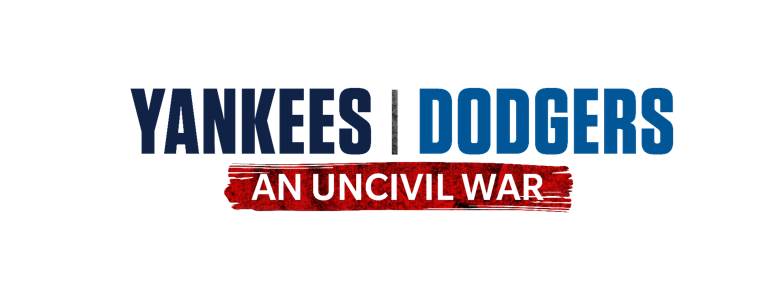ESPN Films’ latest documentary Yankees-Dodgers: An Uncivil War will debut Tuesday, September 27 at 9 p.m. ET on ESPN.
- In 1977 and 1978, the New York Yankees and Los Angeles Dodgers squared off in back-to-back World Series. Each club was a tenuous collection of talent and personalities that threatened to combust at any moment, but ultimately managed to reach the pinnacle of the sport.
- Produced by Mark Shapiro and Peter Guber in association with FILM45, directed by Fritz Mitchell (The Legend of Jimmy the Greek, Ghosts of Ole Miss), and narrated by actor Rob Lowe, the documentary tells the story of a rivalry filled with colorful characters, seismic controversies and unforgettable moments. The film will be made available on ESPN+ immediately after its premiere.
- The documentary features extensive interviews with virtually all the living protagonists of the tale, from Reggie Jackson and Steve Garvey to Ron Guidry, Tommy John, Willie Randolph, Ron Cey, Graig Nettles, Steve Yeager, Mickey Rivers, Bucky Dent and Dusty Baker, as well as many of the writers and reporters who covered the teams at the time.
What they’re saying:
- Producer Peter Guber: “I love baseball and I love heavyweight boxing. I have done movies in all areas, but the chance to do a heavyweight fight in baseball was irresistible. There was no “crying in baseball”, unless you were the loser in the ’70s of the Dodgers vs. Yankees uncivil war.”
- Director Fritz Mitchell: “It was a fun challenge to tell the story of baseball’s most traditional rivalry and to document the Dodgers and Yankees on their inevitable collision course through a two-year period. I’m old enough to remember the summer of 1977, the blackout, the Son of Sam and Reggie Jackson’s three home runs, but I had forgotten about the turmoil of the Yankees and was unfamiliar with the Dodgers clubhouse angst. Both New York and Los Angeles were going through periods of profound change and despair. I found that the troubles of baseball’s free agency era mirrored those of society and the ‘me generation,’ a time that seems eerily similar to today.”

